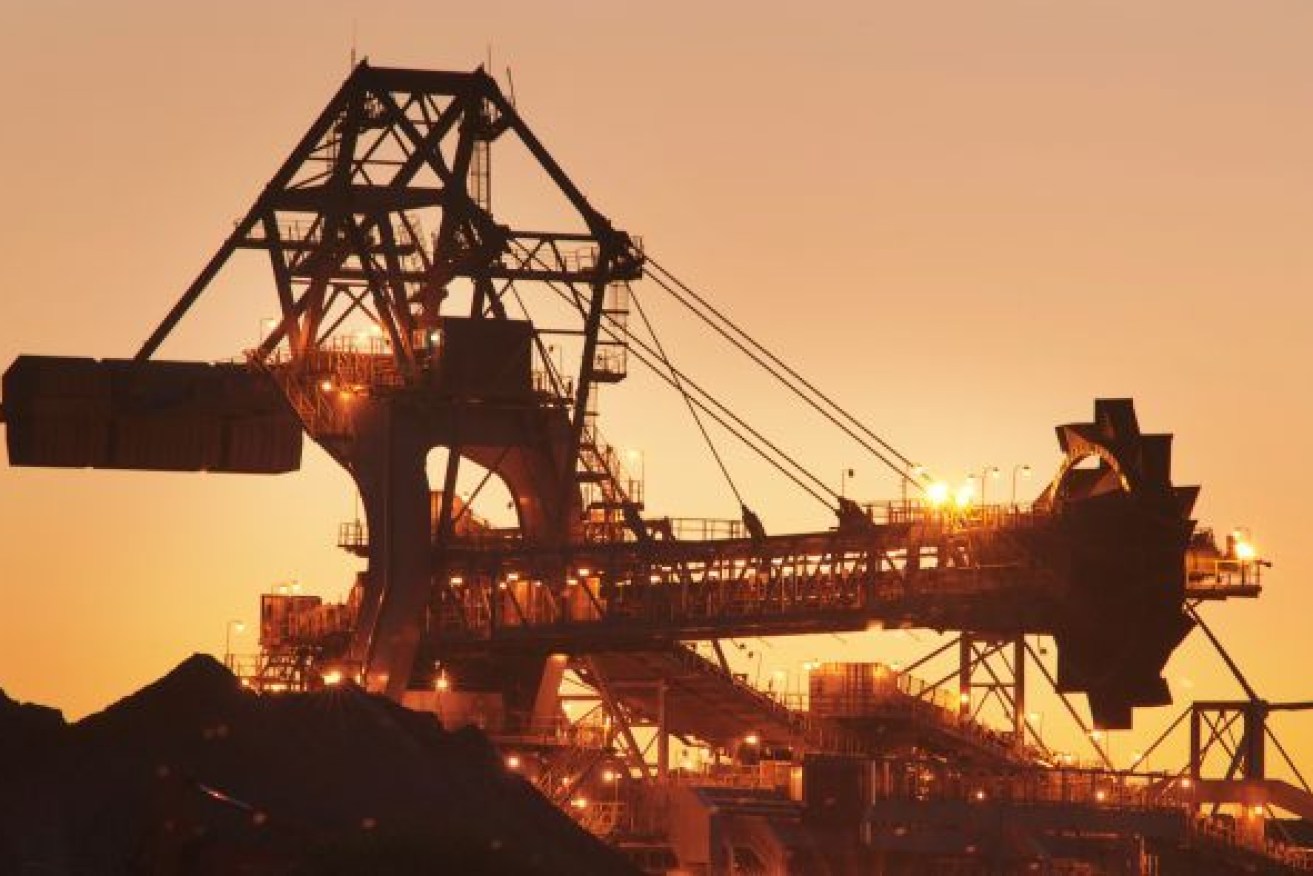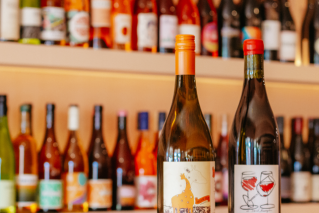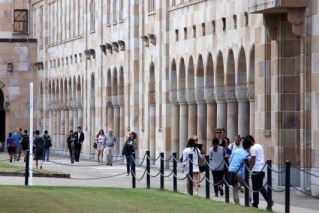How Australia is sleepwalking into a trade disaster with China
Australia has been sleepwalking into a multibillion-dollar disaster with China that could take decades to correct.


The mining sector would pay $6b in royalties this year (Photo: ABC)
Queensland alone has $24 billion a year of exports to China and according to the experts, the bans, tariffs and trade issues China has raised were all very predictable if anyone had bothered to consider it. It fell $5.7 billion in the past year.
For China, trade has become a strategic tool.
According to the University of Queensland senior lecturer at the School of Agricultural and Food Sciencies, Dr Scott Waldron, there is a correlation between actions by the Australian Government and trade disputes with China. He cites 2018 decision by the Federal Government to ban Huawei from the 5G rollout.
That was followed by the introduction of the Foreign Espionage and Interference Act, the rejection of an extradition treaty and the ban on re-entry to Australia of developer Huang Xiangmo.
Not long after, Chinese customs held up shipments and applied technical trade barriers on Australian thermal coal, wine and beef.
It happened again.
Australia called for an inquiry into COVID-19, travel advice for China, suspension of extradition treaty with Hong Kong. Then China applied tariffs on barley, technical barrtiers to trade on beef, and issued travel advice with implications for education and tourism.
If the Government was surprised by it, it shouldn’t have been. And you may have noticed the kid-gloves way politicians at a state and federal level are dealing with it. The last thing they want is this to become a major public issue where industry groups are calling for action and the public starts fretting about the economic impacts. That would be playing into China’s hands.
Prime Minister Scott Morrison said his Government was working through the processes with China.
“Now there’s a process for dealing with that and we’re following it, we’re working closely with industry to seek to resolve those technical issues. But at all times, we will do what’s in Australia’s national interest and we will act consistent with our values,” Morrison said.
“That has always been our position, both now and back under, the time of previous Governments, most notably under John Howard, there’s no difference in the policy that we hold today in relation to all of these matters that was pursued by the Howard Government.”
Far from singling out Australia, experts stress that this is how China deals with the rest of the world and how it tries to change a country’s foreign policy to its advantage.
Dr John Coyne from the Australian Strategic Policy Institute said in a submission to a Federal Parliamentary inquiry that Australia “sleepwalked in a policy position where its economy was over-reliant on the Chinese market’’.
Maybe that’s being generous because it appears Australia saw the billions it was making from the burgeoning China economy and just ignored all the concerns being raised from the sidelines.
Renuka Mahadevan from the University of Queensland’s School of Economics said Australia effectively allowed trade agreements to operate without looking at all the ways China could manipulate them, as they are doing now.
None of this is new. China, according to Dr Clive Hamilton, a noted China expert, has been using the practice of yi shang bi zheng (literally, “using business to pressure government”).
“A few hints from Chinese officials about how it would be a pity to jeopardize a good relationship is usually enough to prompt business lobbies and mining tycoons to speak out in public or to privately pressure senior ministers to capitulate to Beijing’s demands,’’ Hamilton said.
“Ambassador Cheng Jingye’s brazen threat of April 28 to punish Australia economically over a political disagreement was a stark warning that Australia’s high level of economic reliance on China exposes us to Beijing’s use of “sharp power” to pursue its political and geo-strategic ends.’’
And we are being played, according to Australian Pork, an organisation that has spent millions trying to get access to China.
“Australia’s pursuit of a more assertive China policy is supported and encouraged by the United States. As Australia voluntarily reduces its prospects of future economic engagement with China, it is US farmers who are moving in aggressively to claim our abandoned agri-food export opportunities there.
“For Australian farmers looking at billions of dollars in lost China exports, this is an extremely bitter pill to swallow.’’
One commodity that China has so far left untouched is Australia’s wool. It’s a trade worth $2 billion a year but remains unaffected because China is almost completely dependent on Australian imports.
But as Waldron points out, China is going through a list of all the commodities it imports from Australia and picking them off one by one.
But it does come at a cost. The trade bans on barley will cost Australian farmers dearly. But for China the cost is about $3 billion.
For Queensland the fallout is significant.
Economist Gene Tunny pointed out Ongoing trade restrictions from China would cause major economic damage, especially in our regional economies such as central Queensland and Mackay which have been highly dependent on resources and agriculture.
“And, in the lead up to the 2020-21 Queensland Budget which Treasurer Dick will hand down on December 1, I should note that Chinese trade restrictions would be a big blow to our Budget via impacts on royalties and other revenues such as payroll tax and stamp duty which would be lower due to the economic shock.
“Sure, our exporters may be able to find alternative markets in which to sell, but that will take time, and they may have to heavily discount their products to find non-Chinese buyers.’’
ASPI’s John Coyne said the economic reliance has left Australia vulnerable to Chinese economic policy manipulation.
“Without the development of a new strategy, and associated economic policy, an assertive Chinese government could well apply external influences on Australia to force it to make a binary choice or choices between economic and national security.’’
The latest commodity to be hit is wine and Australian Grape and Wine said the top two markets of China and the US account for over half of the total value of all exports at about 55 per cent.
“Given the importance of the China, United States and United Kingdom wine markets, this is potentially a very significant risk,’’ the group said.
The Chamber of Commerce and Industry Queensland said the current trade issues between China and Australia on beef and barley would have a massive impact given that beef is Queensland’s largest manufacturing sector and largest non-commodity export, with a value of about $5 billion a year.












